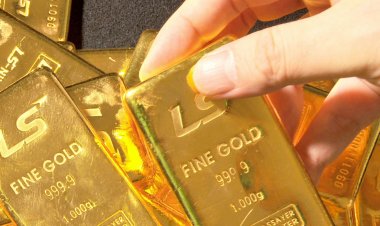The Chinese economy is battling the threat of recession
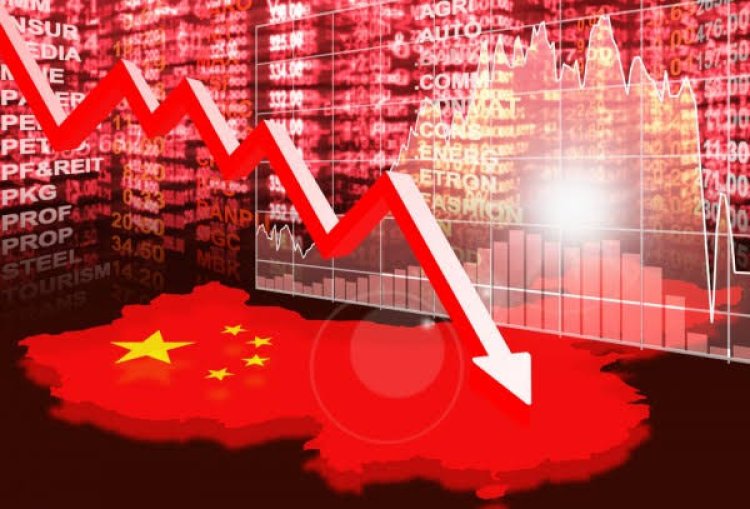
The People's Bank of China is currently facing the repercussions of its reversal of the Federal Reserve (the US central bank).
China is fighting the specter of recession approaching it, amid a decline in trade and foreign investment, which worries investors about the world's second largest economy.
global markets were affected by the Chinese economy, especially after the surprise move by the People’s Bank of China (the Central Bank) to cut key interest rates, contrary to all expectations.
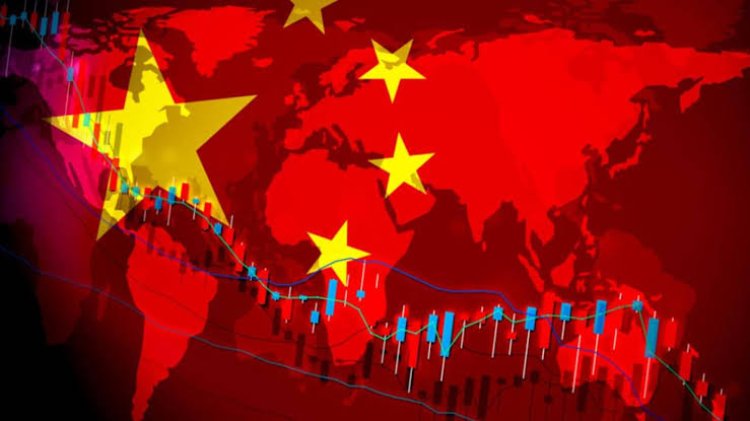
China lowers interest rates
Unexpectedly, China cut key interest rates for the second time in 3 months, amid industrial production and retail sales growth in July 2023. Gold markets fell during early trading today, the iron ore price also fell by about $100 a ton, and the Chinese yuan deepened its losses to reach $5 % Since the beginning of the year.
The Chinese central bank said it cut the interest rate on loans worth 401 billion yuan (equivalent to $55.25 billion) within a one-year medium-term lending facility for some financial institutions by 15 basis points to 2.50% from 2.65% previously.
Gold is falling and the dollar is rising
Global gold prices fell, during early trading today, Tuesday, driven by investor concerns about the slowdown in the Chinese economy, and by 06:18 GMT, the spot gold price fell 0.2% to $ 1904.50 an ounce, to be trading near its lowest level in a month and a half.
And US gold futures fell 0.4% to $ 1937 an ounce, and the US dollar hovered near its highest level in more than a month, which makes gold more expensive for buyers abroad.
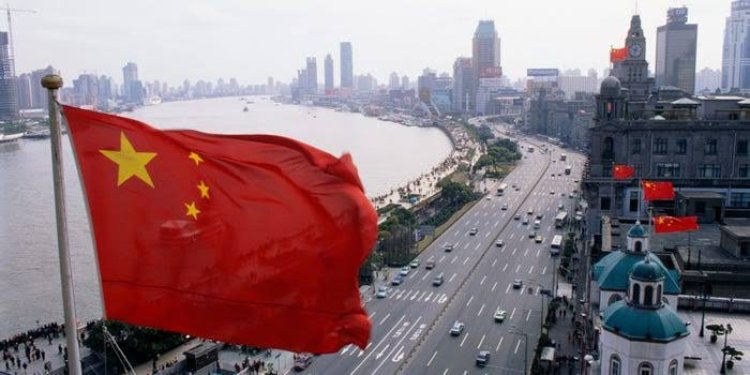
Falling iron prices
Iron ore prices fell, on Tuesday morning, for a short time, to below $100 a ton, close to their lowest levels since last June.
Investors were affected by China's sudden interest rate cut, and another set of data, which reflected the faltering recovery of the world's largest metal-consuming economy, according to Bloomberg.
The prices of the main raw material for the steel industry fell 13%, compared to the peak level achieved last July, and the main industrial metals, including copper and aluminum, also tended to decline.
The Chinese yuan loses 5% of its value
China's interest rate move widened the yield gap with other major economies, especially the United States, adding pressure on the yuan and risk to the world's second-largest economy's outflows.
The Chinese yuan has lost about 5% of its value against the dollar this year so far, becoming one of the worst-performing Asian currencies. The yuan was trading at 7.2842 per dollar as of 01:45 GMT today, compared to the previous close at $7.2580.
Fears of a contraction of the Chinese economy
Experts at the China Center at the Brookings Institution believe that the People's Bank of China is now facing the repercussions of adopting a reversal of the Federal Reserve (the US central bank), which has tightened monetary policy for 18 months, in an attempt to tame high prices.
Experts pointed out that deflation (the trend of falling prices throughout the economy) is a dangerous path for China, which carries a huge amount of debt, and is likely to increase if there is a risk of recession.
Disappointing data
Indicators of economic slowdown in China are rising. According to the latest data, exports have declined since the beginning of the year until now, by 5% compared to last year, and imports decreased by 7.6%. July exports declined at the highest rate in 3 years, by 14.5% on an annual basis, and manufacturing activity contracted in July for the fourth month in a row.
Data from the National Bureau of Statistics of China showed the withdrawal of some of China's trading partners, led by the United States, which affected the decline in China's exports. Global demand for Chinese goods has slowed, even as Russia ramps up trade with Asia amid its war in Ukraine.
And last July, industrial output grew 3.7% on an annual basis, which is less than expectations for growth of the same rate in June at 4.4%, retail sales slowed to a growth of only 2.5%, down from 3.1% in June, and urban unemployment increased 5.3% for the need to strengthen the recovery Economic from the international political and economic situation, according to the government.
Investment decline
The National Bureau of Statistics of China reported this month that real estate investment in China fell 8.5% year-on-year in the first 7 months of this year, and real estate sales fell 6.5% in the January-July period compared to the previous year, amid still weak demand and a debt crisis. Exacerbating hit the sector companies.
New construction also fell 24.5% through July on an annual basis. And the real estate debt crisis in China worsened amid the absence of strong political support, which added to the problems of the faltering economic recovery.
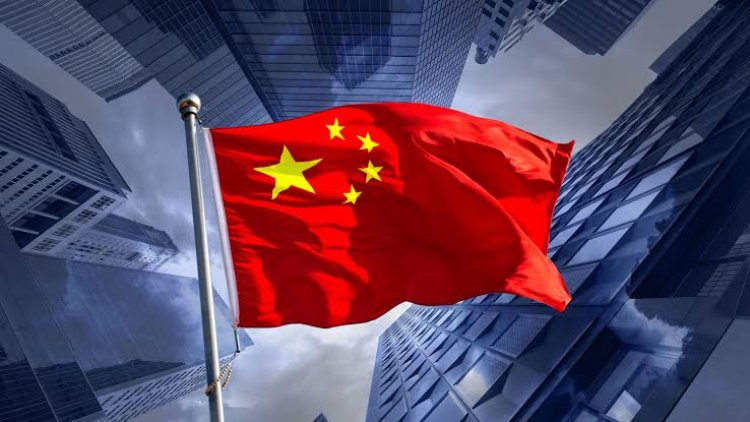
Politicizing the Chinese economy?
The author of the book “The Myth of Chinese Capitalism” and a member of the Atlantic Council, Dexter Roberts, believes, during press statements, that many of Beijing’s problems stem from the politicization of its economy.
Roberts said integrating Communist Party members into companies and giving priority to state-run firms had affected domestic productivity, raised private sector concerns, and made the country less attractive to foreign investment.


 Shrouq
Shrouq 









